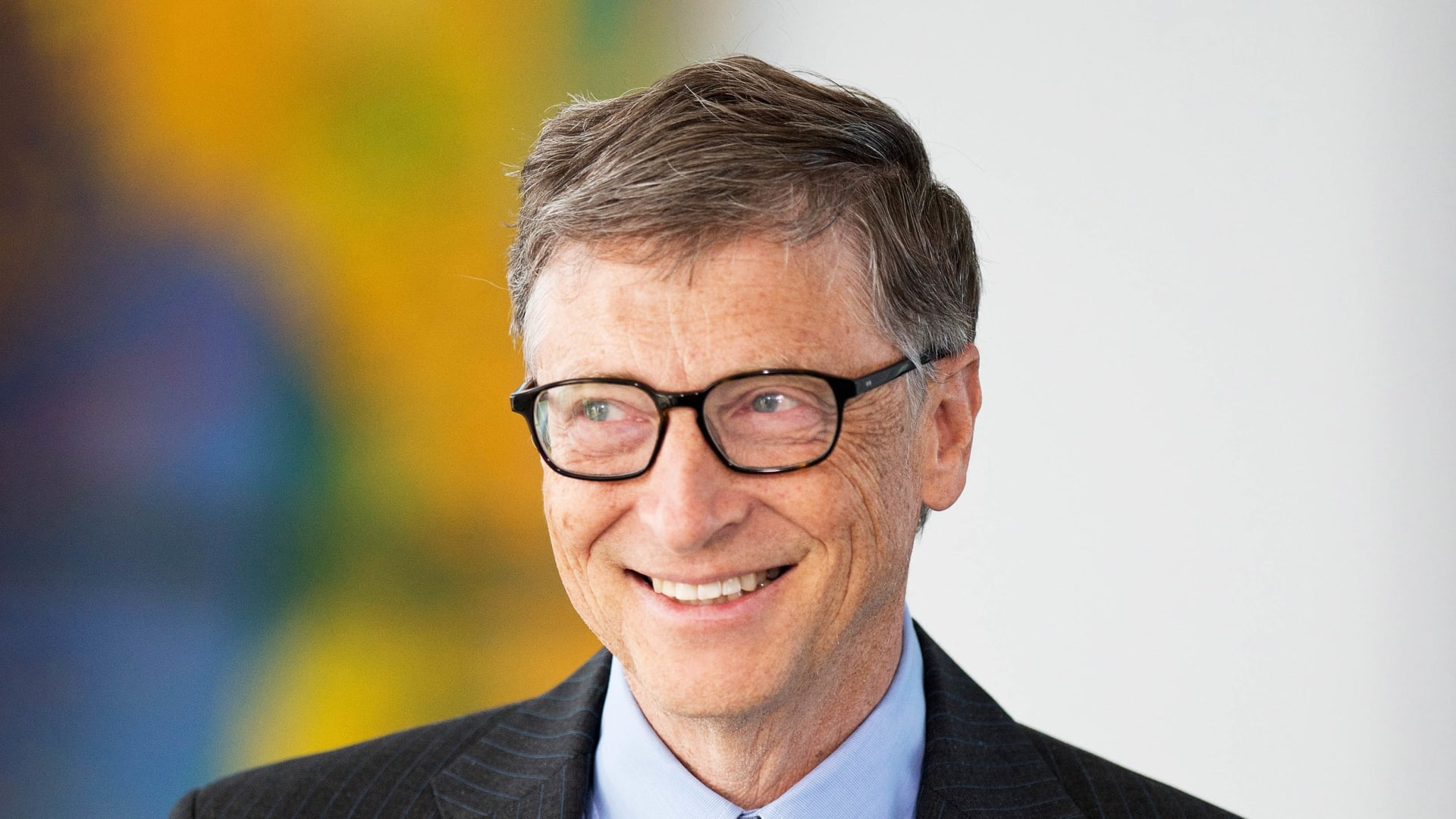
Bill Gates Accuses Elon Musk of Killing the World's Poorest Children
Billionaire Bill Gates has escalated his feud with Elon Musk, accusing the world's richest man of "killing the poorest children in the world" through what he called misguided cuts to U.S. foreign aid, according to the Financial Times.
The Microsoft co-founder, who recently announced he would intensify his philanthropic work over the next 20 years and shut down the Gates Foundation in 2045, said in an interview that the Tesla CEO’s decisions were driven by ignorance.
Musk's Department of Government Efficiency, better known as DOGE, effectively shut down the U.S. Agency for International Development (USAID) in February — the main federal body overseeing American aid — declaring that “its time had come to die.”
Bill Gates argued that the abrupt cuts caused food and medicines meant to save lives to lose their viability and usability in storage, potentially sparking outbreaks of infectious diseases such as measles, HIV, and polio.
“The image of the world’s richest man killing the world’s poorest country is not a good one,” said Gates, who himself was once the richest man in the world.
Gates stated that Elon Musk canceled aid to a hospital in Gaza Province, Mozambique, which was intended to prevent the transmission of HIV from mothers to their children — all based on the mistaken belief that the U.S. was supplying condoms to Hamas in the Gaza Strip in the Middle East.
“I wish he would now go and meet those children who contracted HIV because he cut that funding,” Gates said.
The 69-year-old philanthropist announced yesterday his plan to donate literally all of his wealth over the next 20 years. During this period, the Gates Foundation is set to spend over $200 billion on global health, development, and education. In the previous 25 years, the foundation allocated around $100 billion for the same causes.
The foundation will be closed in 2045, several decades earlier than originally planned.
According to Gates, the reason for accelerated giving is to achieve maximum impact, including the potential to fully eliminate infectious diseases such as polio and HIV.





